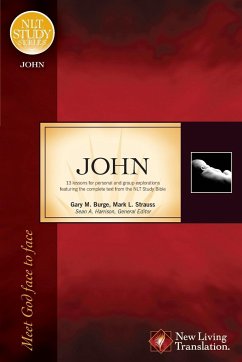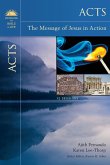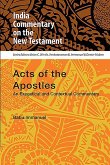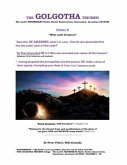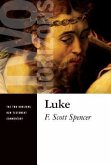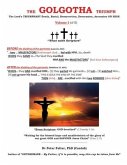The NLT Study Series is based on the NLT Study Bible. Each of the 13-week studies provide an in-depth study of a particular Bible book. The entire text of that book from the NLT Study Bible is included. The study provides participants with five scripture readings per week and daily questions to prompt the participant to enter the world of the Bible and reflect on what God is saying. A unique small group format facilitates full participation. The NLT Study Series explores the textual, linguistic, literary, and cultural aspects of the scriptures and those to whom it was written. It is appropriate for serious Bible study, and it teaches individuals to work at understanding Scripture.

